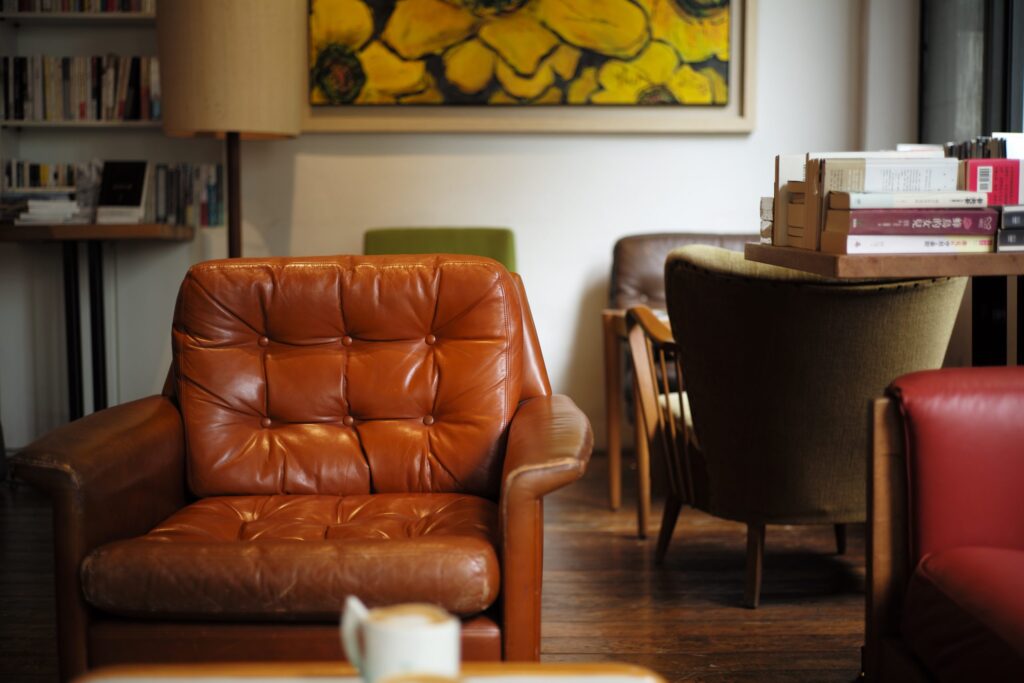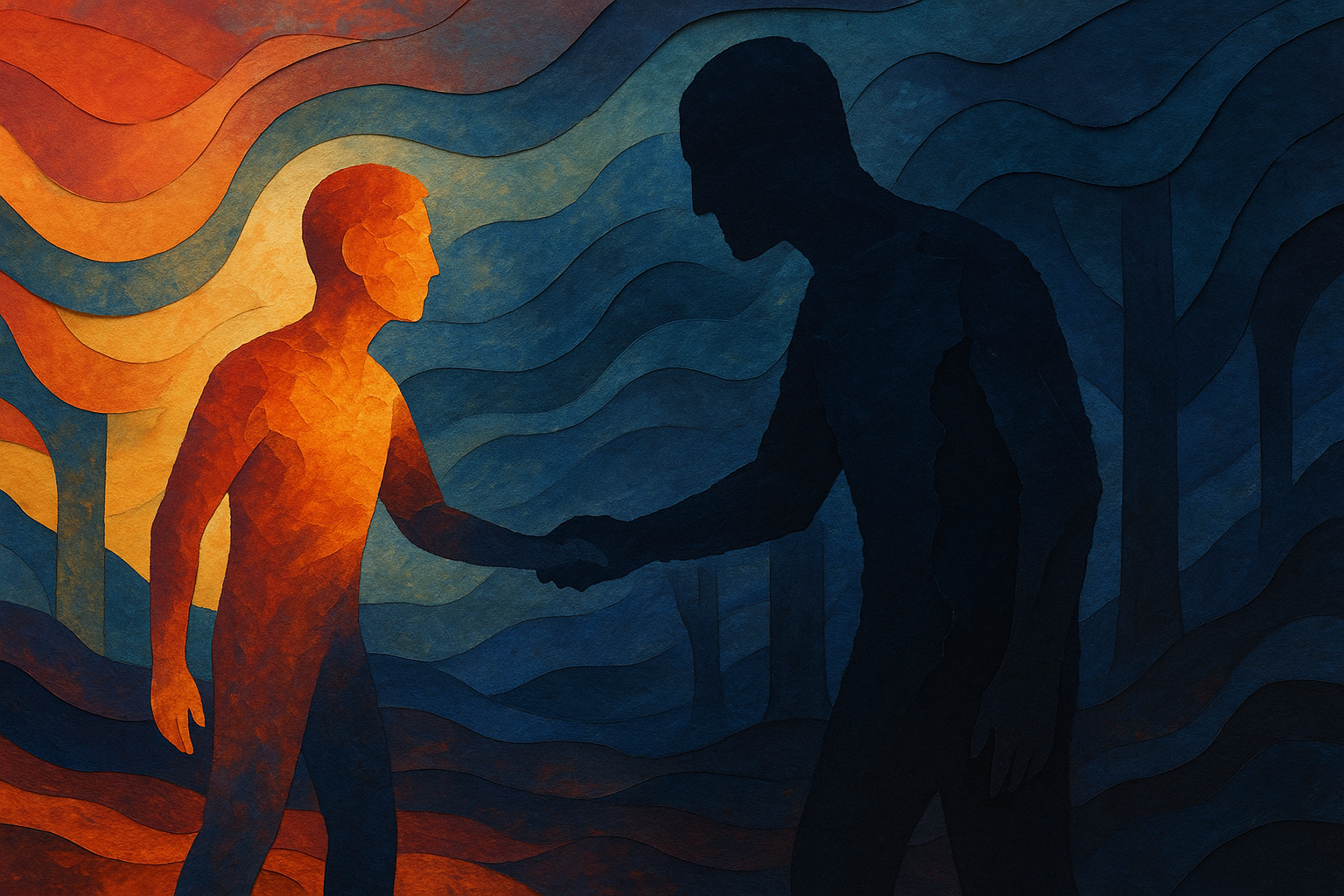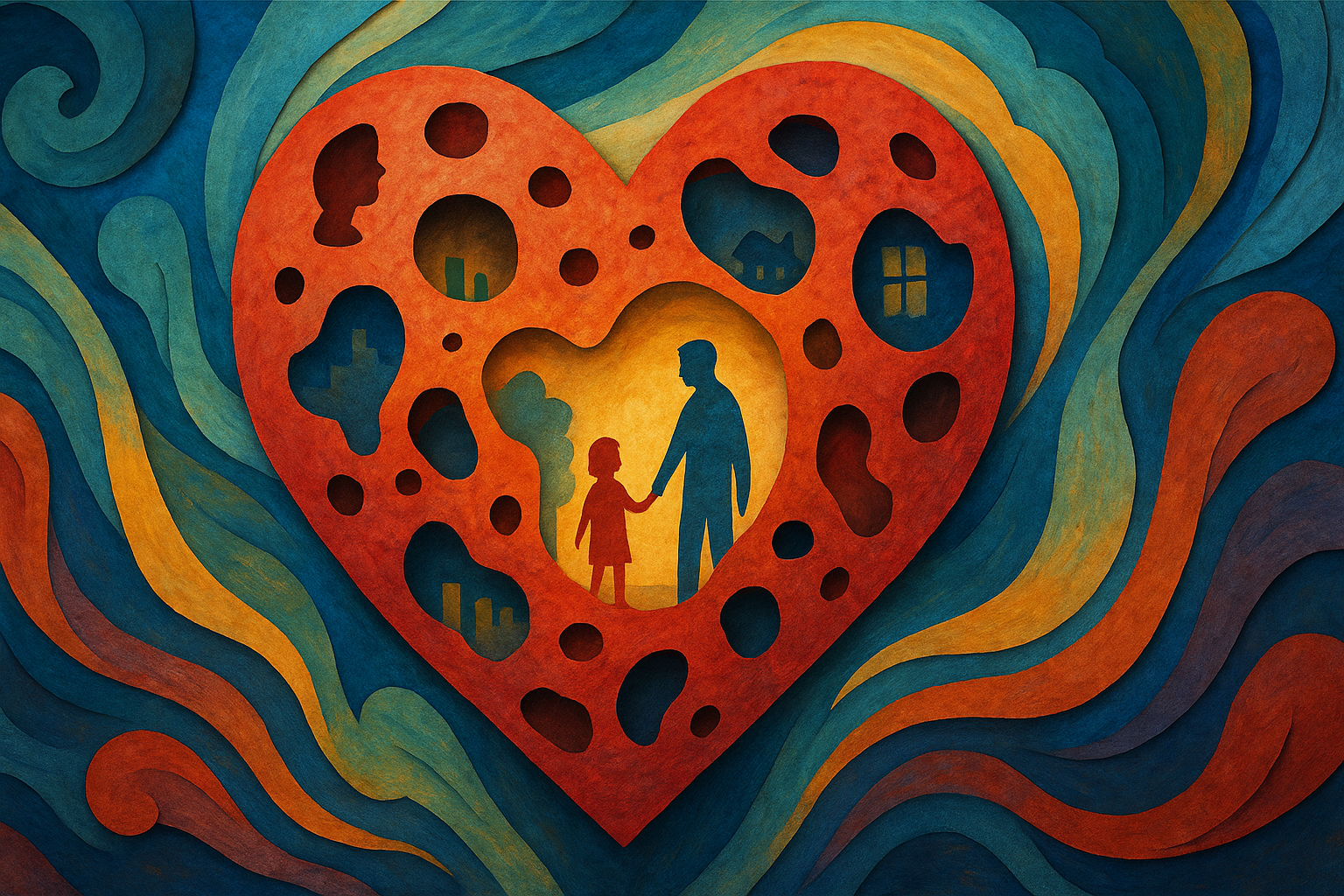As a seasoned drinker and a drug user, it was always “something and something.” Tequila AND cocaine. Vodka AND Vicodin. Beer AND weed. Losing my keys AND my wallet. Making out with you AND yelling at you. Even when I got sober I knew I was an alcoholic AND an addict. But for a long, long time—even sober—there felt like there was another AND but I didn’t know what it was. What I did know is that I still felt rattled, haunted and disturbed even though I had stopped using and drinking.
Programs of recovery were pretty specific—they could help me stop drinking and using drugs but for deeper, non-addiction related stuff, I should probably see somebody and I should do it sooner as opposed to later. That somebody, for me, was a therapist. But out of stubbornness, self-sufficiency or good old fashioned laziness, I put off seeing a therapist for a long, long time. “I’ll think about it tomorrow,” as my entitlement role model Scarlett O’Hara once said, became my motto. But for me tomorrow didn’t come until I had nearly nine years of sobriety.
A few weeks ago, my therapist told me, “People should go into couples therapy before there’s a problem. Same with regular therapy.” Six months into working together, now he tells me. But what brought me into his office was an urgency that I really needed it. Two decades of steady drug use and drinking were able to numb out the feelings and events of growing up in an alcoholic home.
They also did the trick in erasing several violent and explosive moments from my past. But when that coping mechanism was gone, I was left feeling shattered and I didn’t know why. Turns out, what I was experiencing was the lingering effects of Post-Traumatic Stress Disorder or PTSD. While it took several years to kick back in, once it did, PTSD wreaked havoc on my emotions. Depressed, in emotional pain and feeling hopeless, I Googled my ass off until I found a therapist. I will admit, his initial appeal was that his office was located juts a few blocks from my house. This probably isn’t the ideal strategy in picking a therapist. I mean there’s a Thai place really close my house and I would never eat there because it isn’t very good, despite being convenient. Nevertheless after talking to him on the phone, I decided to go for it. A therapist friend of mine advised me to give a few therapists a shot and not feel obligated to anyone unless we clicked. Lucky for me after just one session, we did.
During my first visit, we talked about my stressful new job working with other addicts as a peer support specialist. We talked my marriage. We talked about my recovery from drugs and alcohol. But mainly we talked about the AND. We hopped right in and talked about trauma approximately 30 minutes into our hour together. Upon his prompts, I unpacked a lot of baggage in a short amount of time. Tears streamed down my face. There was no question that I needed to be there and towards the end of our session there was also no question that he could help me. Which was fantastic because all of this was too much for me to handle on my own. More of a guide to a place of clarity and less of a life coach and drill sergeant, my therapist, which I could officially call him after one visit, like we were going steady or something, kept it simple. He asked what happened. He asked about my family. He asked about my husband. He asked about my job but he did all of it in a way that felt conversational. I’ve never once felt attacked or judged. But uncomfortable? UH yeah lots of that.
My therapist has a way, as I’m sure a lot of them do, of cutting right through all the gnarly things I don’t want to say out loud and then he makes me do precisely that. I’ve even said out loud, “I hate this conversation” and “All of this is making me really uncomfortable.” Which he is receptive to but then he does something awful: he asks me why I’m uncomfortable and sometimes even makes me sit in it. How dare he? Doesn’t he know I don’t sit in emotions or talk about them? I cover them up with booze and drugs until they vanish. The problem is he does know all of this and so he pushes me to tell the truth. The bastard. But the more he does, the more something even more incredible than that happens: he forces me to look at how strong I am, how much I’ve grown, how creative I am, how resilient I am. He honors that and he makes me honor that too.
It’s remarkable how well all of this works with being in recovery too. Not sober himself but with years of working with addicts himself, he’s always open to learn more and we joke that I’m making him “woke” to all things sobriety. He’ll ask about things he doesn’t know which is amazing and we become two people exchanging, not guy with fancy degree and crazy person. He’s heard enough about my program of recovery that he now asks how it’s going. He also encourages me to do the work I need to stay sober and will gently push me in that direction if I get stalled out, as I have before. In turn, I’ve told him about meetings, the 12 steps, having a sponsor and even referred sober friends to him. Mainly, there are two layers of relief I get having both a therapist and a program of recovery. They work beautifully in tandem with one another. For support that’s more specific to day to day living and my PTSD, my therapist is my guy and for all my sobriety needs, my recovery support system does the rest.
A few months into working with my therapist, I noted how much better I felt being in therapy. The things that haunted me and freaked me out were less terrifying. I was grateful to finally have both.
Surprised, he asked, “Wait. Do most of you sober people do this without a therapist too?!”
I replied, “A lot of us do, yeah.”
“I can’t believe it. That sounds really hard,” he said.
Now nearly a year later, I can’t believe I did it for so long either because it was.



